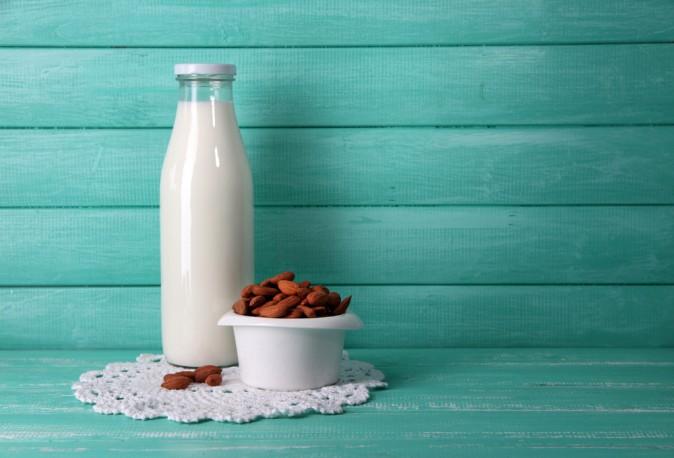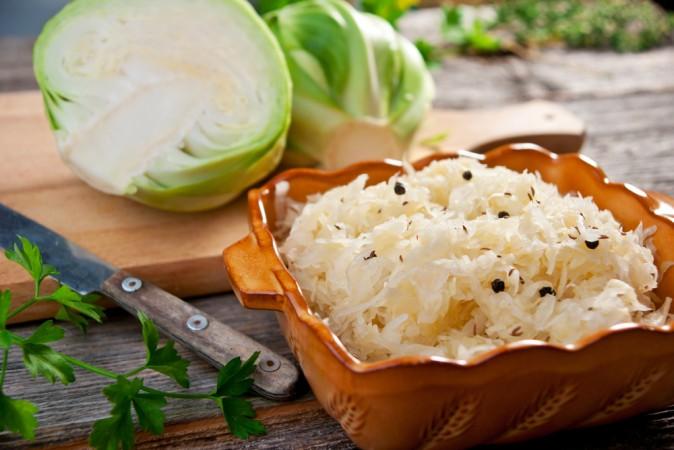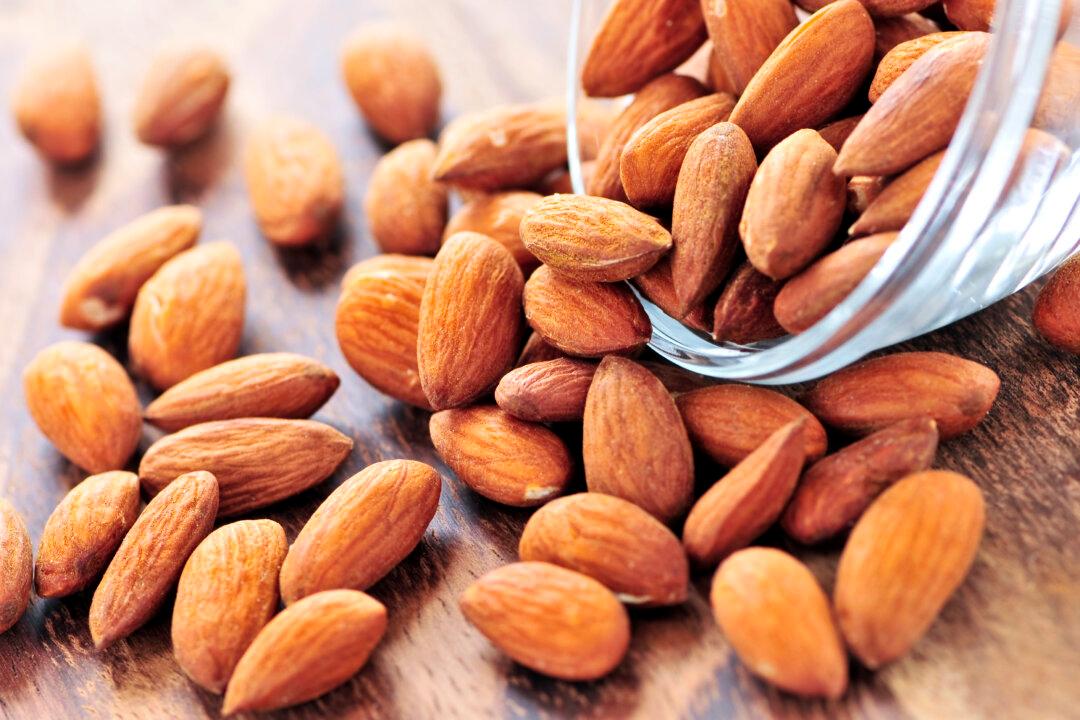By Derek Henry, Holistic Health Coach for Healing the Body
With all the issues surrounding dairy and it’s detrimental link to hormones, gut issues, allergies, mucous, and more it’s no wonder people are looking for other sources to add to their coffee, cereal, smoothies, and tea. I’m going to save you some time, and some pain, by directing you to a much healthier alternative than soy. Welcome to the beauty of a properly made almond milk.






